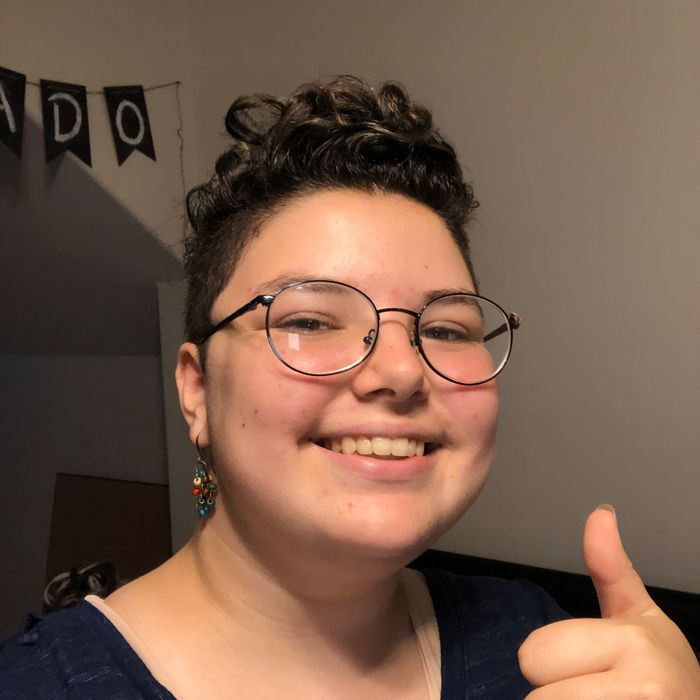by Trent Miles
Rather than acknowledging that students are still suffering from a year of turmoil, this year’s Advance Placement tests are “business as usual.”
Advanced Placement tests are exams administered by the College Board in the United States and are taken by students each May. The exams represent the climax of a year’s worth of Advanced Placement coursework. There is a multiple-choice portion and a free response component on AP examinations. In a recent Microsoft Teams meeting for my English class, my teacher explained the details of the upcoming advanced placement (AP) tests in May: the College Board is offering both online and digital options, and schools have the ability to decide the exam format. I watched in dismay as the “cons” list for this year’s digital exam grew longer and longer—no going back and- forth between questions, no uploading pictures of our work (so all the essays must be typed), along with concerns about the WiFi and submission issues that were present in last year’s online tests. I felt overwhelmed with frustration.
Under the College Board’s new plan, there will be three testing windows for each exam. The first, from May 3 to May 17, will allow students to take the tests at school with paper and pencil under traditional proctoring. The second, from May 18 to May 28, will allow testing in school or at home using computers. The third, from June 1 to June 11, is expected to be mostly at home but with some in-school sessions.
Another major problem with this year’s exam is that the in-person exam is designed for a regular school year. It seems redundant to point out that this school year has been anything but regular—our classes, at least, meet much less frequently, and for many content has been difficult to digest virtually. MS Teams fatigue has been overwhelming. Nevertheless, the College Board hasn’t appeared to account for the impacts that online school has had on students’ health, well-being, and learning.
Grimacing at the thought of paying hundreds of dollars for AP tests, taking three hour tests on my laptop, and being unable to check my work, I texted some friends to share my indignation. It was no surprise that they too were facing immense stress from thoughts of this year’s AP exams.
The at-home testing will use several measures to guard against cheating, officials said, including synchronous start times, plagiarism detection, computer-camera monitoring, and restrictions on revising answers. Because of this, students cannot put in the necessary time to truly understand the content.
For what it is worth, the College Board made AP exams shorter and open-note last year to acknowledge the chaos created by the abrupt shift to online learning. That system had many of its own flaws, and standardized testing as it stands is an inequitable assessment of intelligence. Still, the College Board has proven to be more than capable of adjusting test formats and requirements. We are at the oneyear anniversary of the confusion, disarray, economic turmoil, mass death, and decline of students’ emotional and physical health wellbeing wrought by the COVID-19 pandemic— yet the College Board has decided it is an appropriate time to proceed with business as usual. As students, we need to make our voices heard so that the next generation of Advanced Placement students will be ready to take on the exam. Speak with the College Board, teachers, school administration, and others through email or social media to make your opinions known.
About Trent Miles

Trent Miles is a senior at Richwoods High School and has been working for Big Picture Initiative since May 2020. He is academically competitive and a well-rounded student. Trent is the founder of his school’s Climate Action Club, Vice President of the Minority Academic Advancement Project, and a contributing Op-Ed writer for The Shield (school newspaper). Outside of school, he is heavily involved in Jack and Jill of America, where he currently serves as the Chapter Legislative Chair. Trent is also a writing intern for the New York-based platform LORYN, where he manages the featured artist page, interviews artists, finds talent, and more. He has earned several writing and Presidential Community Service awards. Trent contributed more than 1,000 hours of community service through various service projects, including a winter wear drive, collecting toiletries, and helping at the Neighborhood House in Peoria, Illinois.
About Adrien Vozenilek

Adrien Vozenilek is a senior at Peoria Notre Dame High School. Currently, their focus is portraying family history and their Italian heritage through 2D works centered around heirlooms. Adrien will be a freshman at Southern Illinois University Edwardsville and plans to become an art therapist for LGBTQ+ youth.

